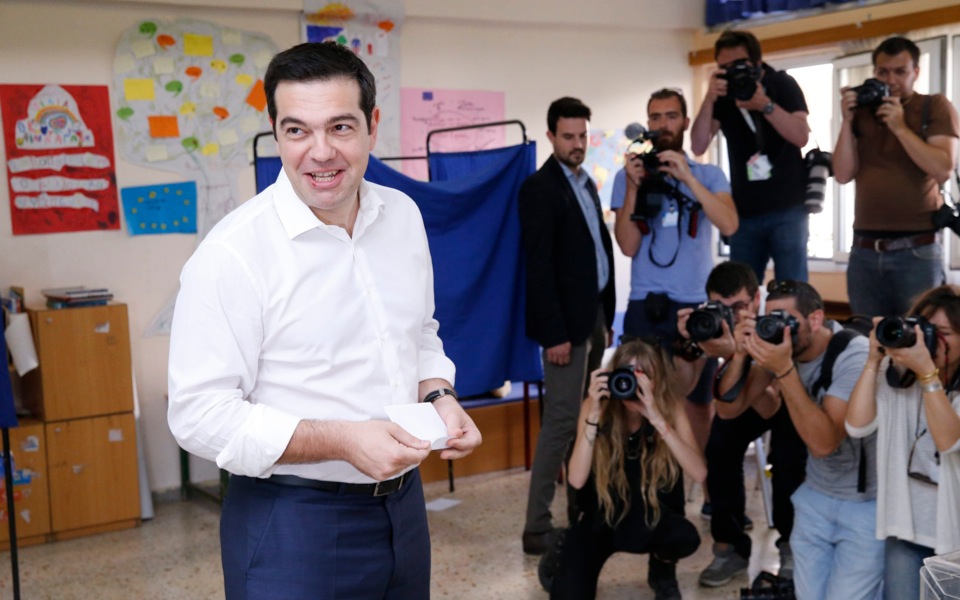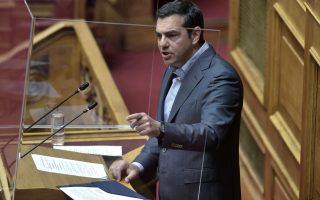Political roller coaster

2015 seems so distant now. I wonder if Greece will ever go through a similar experience, if it will ever come to the brink of catastrophe again. Greek history is littered with instances of near-collapse. The country’s course occasionally resembles a roller coaster riding up and down at dizzying speeds. Political demagogues interchange with reasonable statesmen who pull this country forward.
The truth is we, as a people, have a soft spot for demagogues. As a deeply sentimental nation we are easily inflamed by passions, and we become polarized in the same way. But every time we get intoxicated by passion, we then cure our hangover in the form of a politician who is able to bring us back into order.
2015 was like a big outburst, which was to some degree justified. It was also an opportunity. The established political class had gone bankrupt. Its power had relied on political favors, partisan appointments and crony capitalism. The old social contract it had signed with voters was pretty much dead: The money was gone and the promises could not be carried out.
Electing a politician like Alexis Tsipras to power could have been a catharsis of sorts. There was perhaps a need for a politician out of nowhere, who owed nothing to no one, who would try to rebuild the country. Like others before him though, Tsipras failed to avoid making the fatal mistake.
Instead of trying to clean up the political system and enforce clear rules, he jumped into bed with the most corrupt and outdated elements of society in an effort to build his own system of power. Rather than clamping down on corruption, Tsipras chose to rely on people who were corrupt to the bone. He never really prepared himself for the job of ruling the country and, with very few exceptions, relied on incapable people as he faced the country’s most difficult conundrum after 1974.
Again, perhaps, this pricey lesson was worth it. Greeks did away with a number of myths and experienced a useful, albeit painful, reality check. Without Tsipras it’s likely that Kyriakos Mitsotakis would not be around today. Another old-school politician would most probably be in his place.
Will we go through another 2015? Looking back in history, it’s hard to say with certainty. We have certainly grown more mature, although we still sometimes argue for the wrong reasons. The answer will largely depend on whether the political class can convince a big chunk of society that they can jump on the train as the country moves forward. The forces of populism are always lurking, across the political spectrum. They never cease to vie for influence, now mostly via social media platforms.
The safest way to ensure that Greece will not backpedal is to see through projects that can bring about meaningful change to people’s lives. At the same time, we must steer clear of the practices that led the old political system – which is still true to its old habits – to catastrophe.





